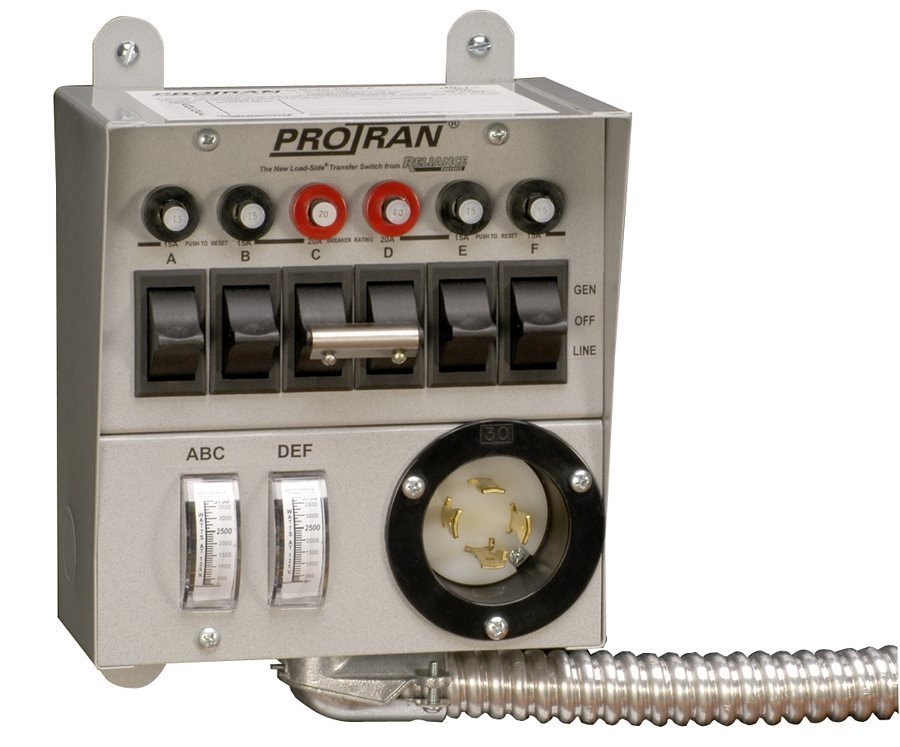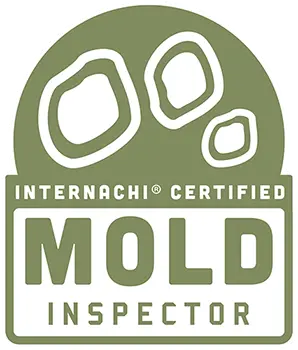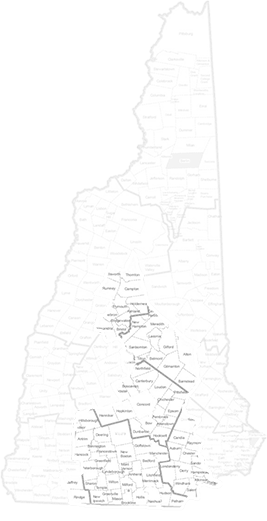Generator Safety – Installation & Use
Generator Safety – Installation & Use
In light of recent storms causing wide-spread power outages, we felt a discussion on generators and generator safety should be in order! We frequently answer questions about generators during an inspection, so here are some tips on choosing the right generator and the appropriate safety measures you need to take if you are using one.
First, we need to talk safety. NEVER run a generator indoors or in an enclosed space of any kind. Too many deaths occur each year from carbon monoxide gas. You also need to make sure your generator is connected correctly to ensure your safety and the safety of the power company’s linemen.
Before we answer that burning question, ‘what size generator do I need?’ plan to have an electrician install a generator transfer switch, or a safety interlock switch at minimum. This equipment helps protect the lineman, your generator and the electrical equipment in your home. We often see generators plugged directly in to a household outlet, which is extremely unsafe.

A generator transfer switch allows you to safely isolate your home from the electrical power grid. Without this, your generator can back-feed the power lines and the transformers that usually ‘step-down’ the voltage to an appropriate level for your home can actually increase the voltage feeding to the power lines, electrocuting the power company workers. If your generator is not isolated from the power lines when the power is restored, the electricity coming in can short-circuit something in your home, causing an electrical fire. Your generator will also be toast.
An interlock switch does essentially the same thing as a generator transfer switch, as it requires your main breaker to be in the OFF position prior to turning ON your generator breaker, which back-feeds the entire electrical panel in your home. With this installation, you have to be aware of the electrical loads appliances place on your generator. The installing electrician must also take in to account the size of the wiring and breaker to ensure the electrical feed from the generator can be handled properly. While it may seem like you can just go out and get a bigger generator to suit your electrical needs, you really need to be sure the electrical system connecting it to the house can handle it!
OK, now we can talk about what size generator you need to operate your everyday essential items in your home. You really should consult with your installing electrician, however you can do a little research ahead of time to at least know what he’s talking about. Generally speaking, a 5000 – 7000 watt generator can run the necessary appliances in an average home, however a larger system will be required if you want to use electric hot water heaters or cook with your electric stove. There are a number of online resources to help you determine which size you need:
http://www.generac.com/portable-sizer
What is the best generator? Well, we can’t really help you with that answer, but realize this isn’t one of those decisions where you want to shop by price. Consult your trusted electrician, do your research, talk with the pros at the local power equipment store. Also understand that the same make and model your local power equipment retailer may be VERY similar to what your local big-box retailer carries – however there can be many differences just so they can beat the local guy’s price by $25. You may find one of our previous posts, ‘Shop Outside The Box’ interesting: /shop-box/


















If you are using a generator in your home, then it must be inspected before selling the home for safety concerns. Its a very important part of inspection.
Since my husband likes to prepare for emergencies, he plans on installing a generator to benefit us during power outages. Thanks for your tip on isolating the generator from the power lines to prevent short-circuits and electrical fires. I’ll share this with him so that he can take some preventive measures. Thanks!
I appreciate you sharing some generator safety and installation tips such as never running the machine indoors or in an enclosed space of any kind. This way, you would be able to prevent carbon monoxide poisoning. It’s best to ask for assistance from a professional if you ever need to get a new generator installed. Not only would it guarantee that your unit is installed properly, it basically would save you a lot of time as well. Thanks.
Thanks for your honest and helpful tip. It was full of useful information and your ideas are much appreciated. Thanks for sharing this with us!
Thanks for your safety tip about making sure to not run a generator indoors or in any type of enclosed space. I would imagine that if you’re looking to install a generator either in a residential or commercial property, you’d want to have a professional do it for you. That way you can be sure it will be done properly and you can rely on them when needed.
I have been considering getting a generator for my house because my area gets hit with really bad windstorms in the springtime. Thanks for explaining that I will never want to run the generator in an enclosed space. That is something I would have never thought about not doing. I should probably talk to a generator installer about where it would be best to put it.